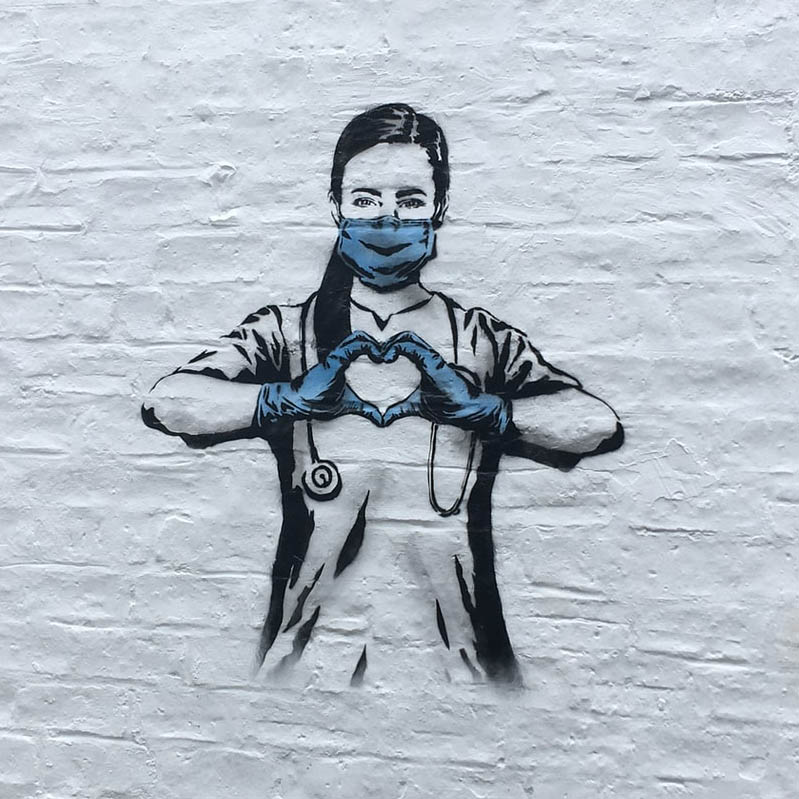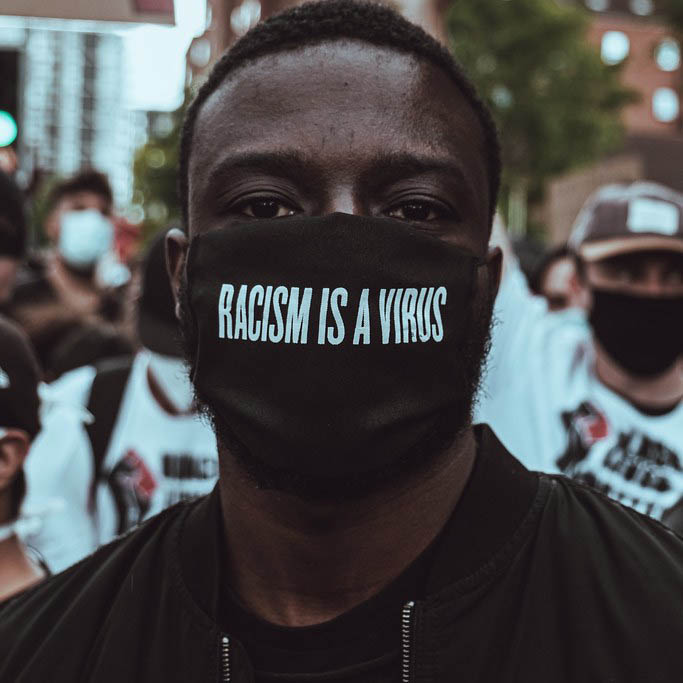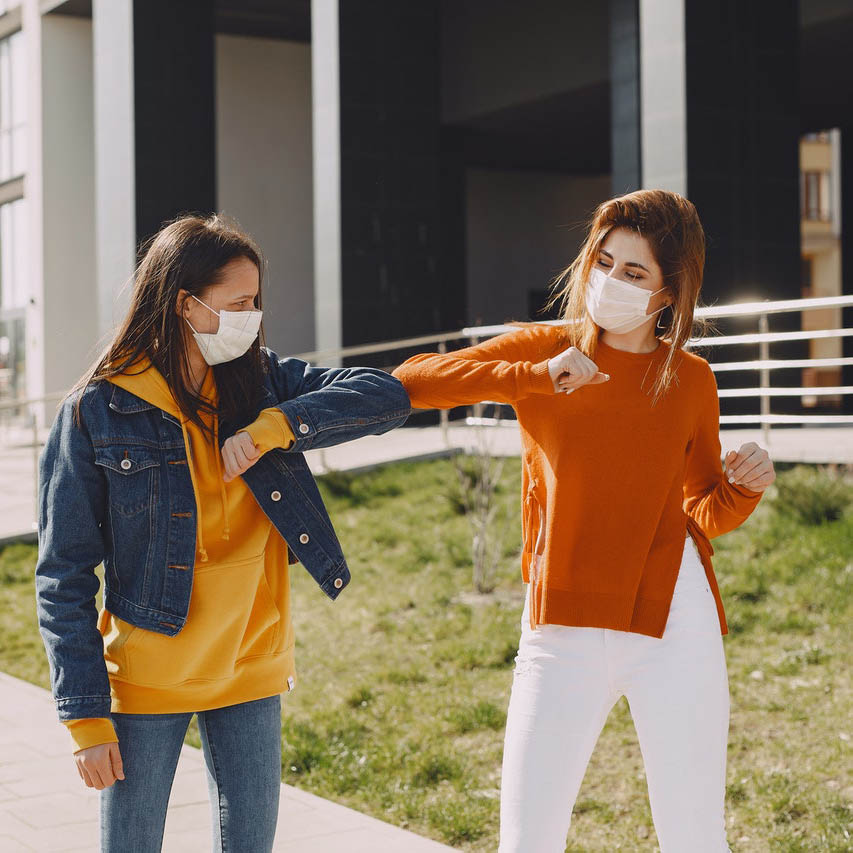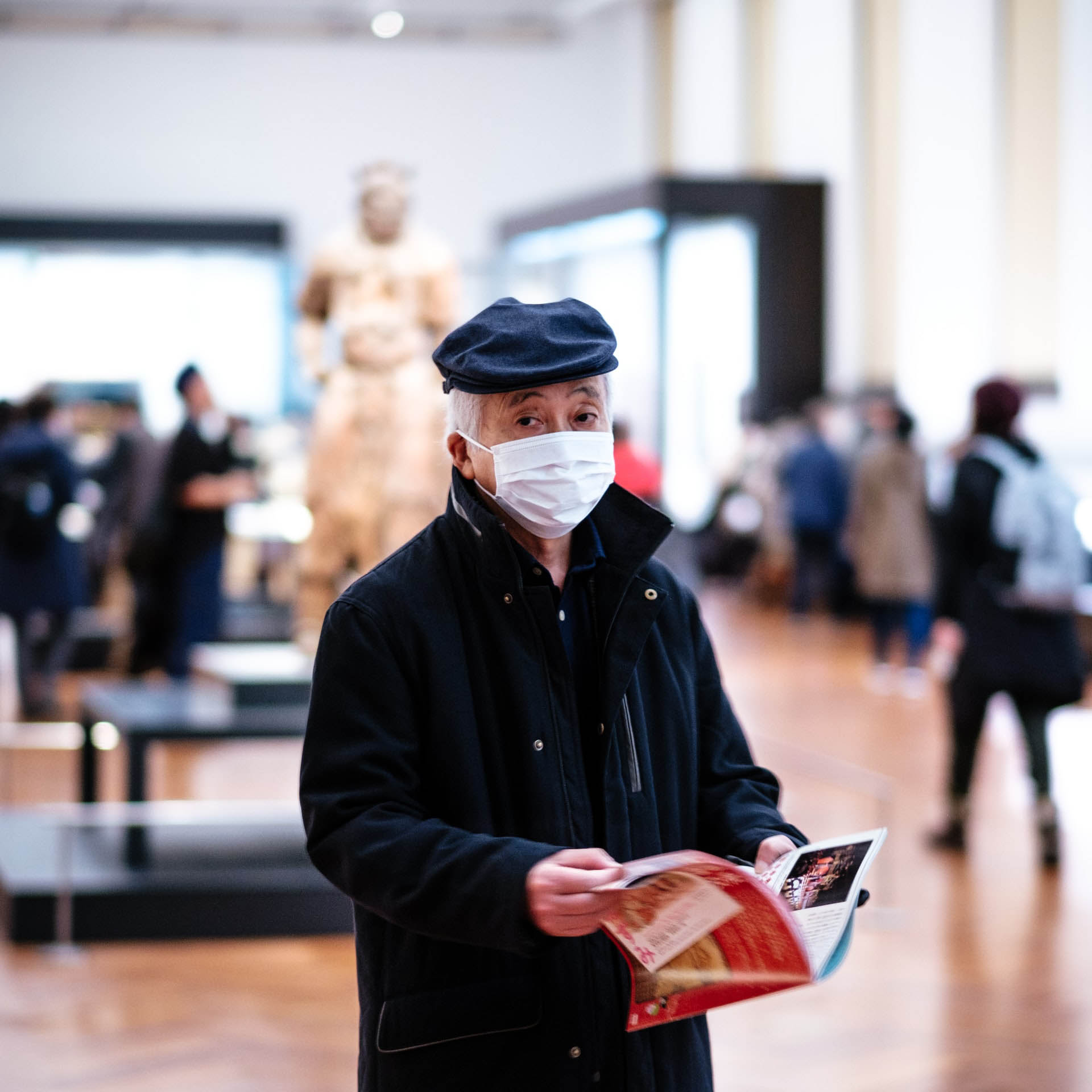Overview
In the era of COVID-19, it has never been more important for society to examine itself – research from the humanities holds answers for the pandemic.
The University of Queensland (UQ) is bringing together leaders in humanities research to offer a dynamic online forum which will provide important insights into the COVID-19 crisis.
Led by Associate Professor Jane Johnston and Associate Professor Kelly Fielding from the UQ School of Communication and Arts, this forum will seek to provide answers to the following:
- How are communication, media, writing, language, cultural and social institutions, and other areas of the arts being effected by the crisis?
- How are the humanities contributing to our understanding of the pandemic?
- How might they help society as it transitions forward?
Virtual guests will have the opportunity to engage directly with world- class humanities researchers in scheduled Q&As.
View the Forum
*Please note, Dr Natsuko Akagawa's presentation is not included in the recording.
Part One: Social Media
10.15–10.45am

Between Caution and Reassurance. Governments Covid-Communication on Twitter.
 Presented by Dr Franzisca Weder and Dr Cedric Courtois
Presented by Dr Franzisca Weder and Dr Cedric Courtois
The COVID-19 pandemic and the “infodemic” coming along with it challenged governments around the globe - mainly regarding the question of how to communicate effectively on health measures. We argue that this circumstance holds a juxtaposition of usual modes of political and health communication, balancing between security and insecurity, reassurance and caution. We present first insights into a high level analysis of how government leadership and health officials around the globe have negotiated these tensions. In total, 66,167 tweets from 324 government leaders and health ministers and ministries from 139 countries were analysed using topic modelling. Ten distinct themes were identified, indicative of the tensions between the focus on public health as opposed to more general themes in political communication; as well, we can see clear regional differences in the presence of these topics, which are additionally explained by indicators of countries’ economic, health coverage, and democratic performance.
A Real-time Corpus-based Analysis of Responses to COVID-19 in the Australian Twittersphere.
 Presented by Professor Michael Haugh and Dr Martin Schweinberger
Presented by Professor Michael Haugh and Dr Martin Schweinberger
The project uses a text mining approach to ascertain different phases in responses to the Coronavirus (COVID-19) situation in the Australian Twittersphere, and aims to investigate through a linguistic lens what topics characterize these phases, and if there were shifts in the kinds of stances taken over time during the unfolding of the COVID-19 situation.
The Flight of Black Swans: Stress Testing the Digital Society.
 Presented by Associate Professor Adrian Athique
Presented by Associate Professor Adrian Athique
The projection of a digital society, operationalised through unprecedented powers of observation, calculation and prediction, has defined the 21st Century. Yet, in successive crises, these technologies have failed to prevent catastrophes in security, economy and health. This presentation discusses the actual capabilities of digital communication under the COVID-19 pandemic.
Part Two: Public Communication
10.45–11.15am

Medical Humanities and Public Health Messaging.
 Presented by Associate Professor Elizabeth Stephens and Dr Karin Selberg
Presented by Associate Professor Elizabeth Stephens and Dr Karin Selberg
This presentation focuses on our work as coordinators of the UQ medical humanities research network, formulating a shared approach to this emerging field in Australia. We will refer to a current collaborative project with the Museum of Applied Arts and Sciences in Sydney, analysing the visual language and body politics of Australian public health campaigns from the mid-twentieth century to the campaigns with regards to the COVID-19 pandemic.
Policing the Pandemic: Rhetorics of Protest and Public Health during COVID-19.
 Presented by Dr Beck Wise
Presented by Dr Beck Wise
In June, protesters around the world massed to support Black Lives Matter, defying public health orders and risking exposure to COVID-19. What is it about this moment that led to protests on such an immense scale? In this presentation, I’ll discuss how medical rhetoric helps us understand deliberation, debate and decision-making about health justice.
Photo Credit: joaodanielper
How COVID-19 is Reframing How We Think About The Public Interest.
 Presented by Associate Professor Jane Johnston
Presented by Associate Professor Jane Johnston
Postmodern theory has moved the concept of public interest away from communitarian or aggregative models. Societies are, after all, heterogenous and pluralistic. However, the discourse surrounding COVID-19 has brought a new inflection to the public interest with a return to more communitarian-centered and aggregative approaches and the role interests play in the public psyche. This shift has occurred at several levels in Australia and more broadly:
- first, globally, at the public health level;
- second in industrial relations reform in Australia;
- finally, through how Black Lives Matter found its global voice during the COVID-19 shut down.
Part Three: Industry Focus
11.15–11.45am

Museums and Covid-19: Supporting the Community During Disruptive Times.
 Presented by Dr Caroline Wilson-Barnao
Presented by Dr Caroline Wilson-Barnao
Despite being forced to close their doors as a result of COVID-19, museums globally have sought out new methods to contribute to the community during the pandemic. For some, this has involved the donation of protective gloves to offset medical supply shortages. Other museums have sought out pandemic related stories and memorabilia to archive for future generations. In almost all cases, it has required museums to adopt new methods and adapt to connect people and culture during social isolation. In this presentation, I consider the museum's fundamental role in the resilience of societies.
Heritage and Pandemics: Impact on Living Heritage.
 Presented by Dr Natsuko Akagawa
Presented by Dr Natsuko Akagawa
The impact of the lockdown and restrictions due to COVID-19 has both damaged and brought some inspiration to living heritage. Its ripple effects have had unexpected consequences for a number of industries that had come to be regarded as living heritage. I look at why this is and its impact on people's cultural life and livelihood.
.
